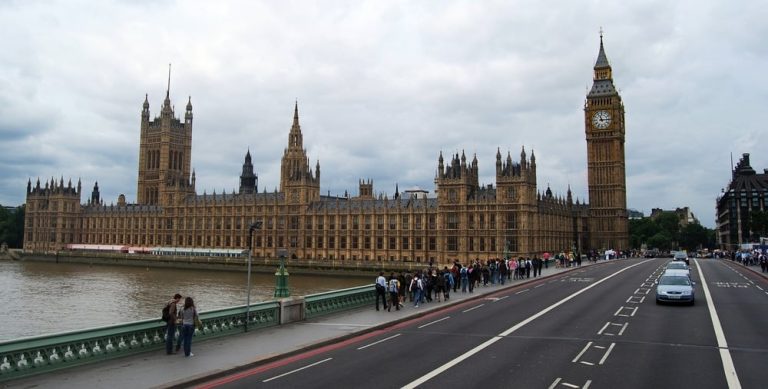
- UK inflation remained at 4.0% in January, defying expectations for a rise to 4.2%.
- Consumer price inflation is expected to fall further, which could lead to interest rate cuts from the Bank of England.
- Core inflation is stable at 5.1%; Services inflation rose slightly to 6.5%.
In a surprising turn of events, UK inflation remained steady at 4.0% in January, defying analysts' expectations of a rise to 4.2%. This stability offers a sigh of relief for the Bank of England and Prime Minister Rishi Sunak, and is particularly important with national elections on the horizon. This development may indicate a positive outlook for the UK economy, showing stabilization in price levels and perhaps an easing of inflationary pressures that have troubled the economy in recent months.
Odds of Bank of England interest rate cuts jump to 72% after inflation report
Stabilizing inflation rates has profound implications for UK monetary policy. After reaching a peak of 11.1% in October 2022, consumer price inflation is now showing a downward trend that may allow the Bank of England to consider lowering borrowing costs from their highest level in 16 years. This expectation has led to the weakness of the pound sterling against major currencies such as the dollar and the euro. In addition, investor optimism appears to have risen. The probability that the Bank of England will cut interest rates this year jumps to 72%, with the possibility of a cut in June. This was a significant increase from just 40% before the inflation report was published.
Core inflation unchanged, services inflation rises to 6.5%
Delving into the details reveals nuances even though the overall inflation rate remains constant. Core inflation, which excludes volatile items such as energy, alcohol and tobacco, remained steady at 5.1%. Meanwhile, services inflation, a crucial measure of domestic price pressures, rose slightly to 6.5% from 6.4%. This modest increase was lower than the Bank of England had forecast, suggesting that the expected rapid growth of wages in the services sector – a common driver of inflation – may not push inflation in the overall economy as high as previously feared.
This detailed look at the UK inflation landscape offers hope for an economic environment characterized by more stable prices and the potential for lower interest rates. Bank of England Governor Andrew Bailey is scheduled to address British lawmakers. Hence, attention is turning to the expected actions of the Central Bank in directing these economic conditions.

